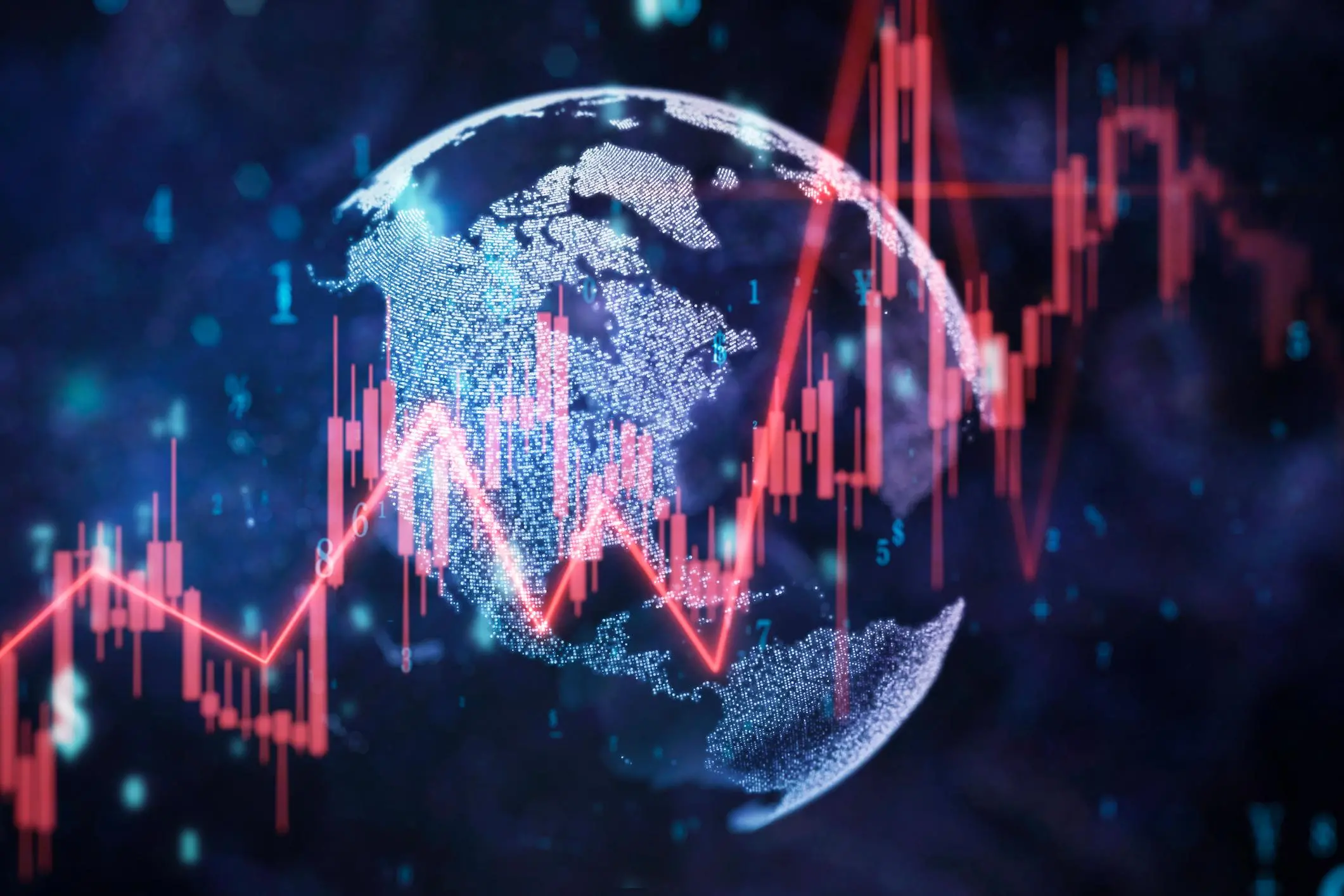PHOTO
The World Inequality Report 2022 released earlier this week by the World Inequality Lab paints a dismal picture, with inequality continuing to rise and an increasing share of global wealth being captured by fewer people every year.
As much as 76 percent of global wealth is concentrated in the hands of just 1 percent of people, as the net worth of the super-rich has kept on rising over the past 25 years. In 1995, the top 0.01 percent of the world’s population had 7 percent of global wealth. In 2021, they hold as much as 11 percent. And this club has become ever more exclusive. To be in the top 0.01 percent of the global rich, one had to have $783,000 in 1995. Today, to be able to join this club, one has to have $18.9 million.
While inequality has existed ever since humanity came into being, the inequality of today and the past few decades is more worrying on several counts. First is that while until about the 1970s, there was greater inequality between nations, today there is much more inequality within countries, as the super-rich in nations such as India rub shoulders as equals with the richest in, say, the US.
Certainly, the negative effects of Western imperialism and colonialism across the world remain, as countries struggle to recover from the damage done by centuries of colonial rule, and pillaging of natural and national resources by Western nations.
But while governments may not be able to do much about addressing these issues, they ought to be worried about the impact of rising inequality at home.
In some regions, notably the Middle East and South Asia, the problem has reached worryingly high proportions. The World Inequality Report reveals that in the Middle East and North Africa, for example, the Top 10 percent of population holds 58 percent of national income, compared with Europe, where the Top 10 percent account for relatively modest 36 percent of national income.
As this shows, growing inequality is not inevitable, but more a function of the political choices made by governments that create the conditions for inequality. Indeed, Europe has managed to curb its inequality over the decades by consistently focusing its social efforts and budgets on the poorest parts of the populations, while in the US, Russia, India and in the MENA region, governments seem to have left the poor to their own fate, leading to the sharp spike in extreme poverty. This can be clearly seen in India, where almost 250 million people were pushed into extreme poverty in 2020 due to the government's failure to reach out to them as the coronavirus pandemic hit the world.
Governments ought to be worried about rising inequality for a simple reason. The aspirations of the global youth have risen manifold in the past decade or two, thanks in a major way to the rise of social media and its millions of posts every day of people showing off their new clothes, expensive meals or fabulous holidays. Thus, today’s poorer populations are hardly likely to blame their circumstances on fate and try to make ends meet. They could either rise up against the super-rich and the governments, or simply pack up and migrate to another country in search of better opportunities.
Both these effects are already being seen in many parts of the world. An increasing number of countries are witnessing widespread civil unrest, mostly linked to poor economic and social conditions. Protesters, seeking justice for the underprivileged, are also now a common sight at most large multilateral meetings, such as the G20 or IMF. And in over three dozen countries, mainly in the Middle East and Africa, the situation has deteriorated into civil war.
The second global impact of rising inequality can be seen in the form of millions of migrants trying to enter more prosperous and peaceful countries in order to escape the life of misery and poverty that they face at home.
Be it the Polish-Belarusian border, the Mediterranean Sea, or even the US-Mexico border, the pressure of migration does not seem to have eased, despite heightened vigilance and the deployment of thousands of border guards at the frontiers. The increased rush of migrants has led to hundreds of deaths, but nevertheless migrants will not stop trying to seek a better life since to remain at home is no less than a death sentence for many. This is bound to lead to heightened tensions between countries, creating even greater instability globally.
Governments, as well as multilateral financial institutions, need to address the issue of inequality by promoting much higher social expenditure and creating equal opportunities for the underprivileged to succeed. Over the past few decades governments have cut their social expenditure under various guises or excuses and focused on privatization as an alternate route to spread prosperity.
Unfortunately, privatization and excessive reliance on the private sector has led to the current crisis, as is evident from the huge gaps in salaries between the top management and the workers in most private firms, more so in countries where inequality has increased.
If governments and nations want to avoid social chaos across the globe, it is high time they reviewed their economic policies and priorities.
- Ranvir S. Nayar is managing editor of Media India Group.
Copyright: Arab News © 2021 All rights reserved. Provided by SyndiGate Media Inc. (Syndigate.info).





















